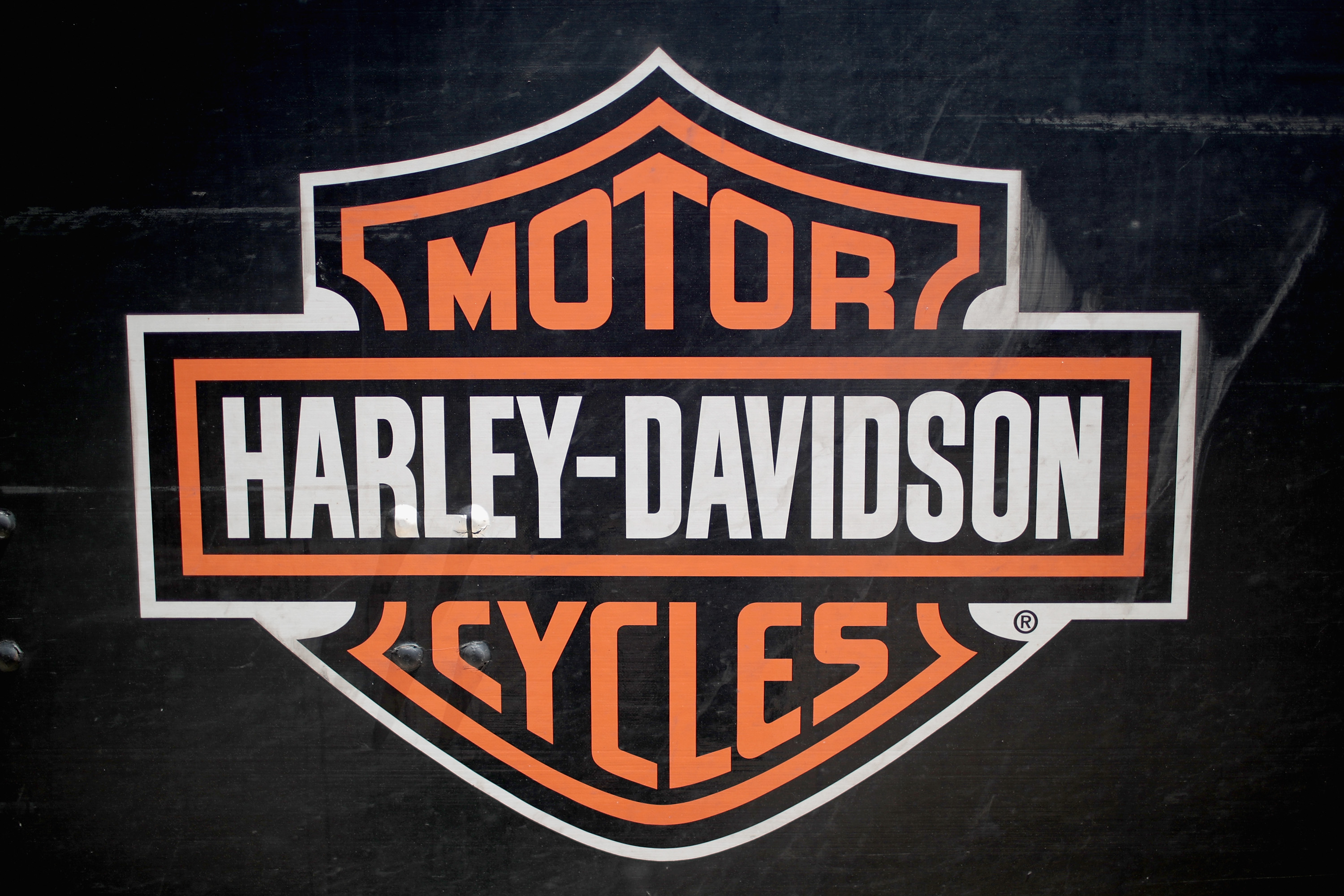Harley-Davidson moves some work from US due to tariffs
Photo: () | ©AFP
New York (AFP) – Harley-Davidson plans to shift some manufacturing of its iconic motorcycles overseas to avoid retaliatory European tariffs imposed last week, the company said Monday.
The announcement comes as the 117-year old company is also buffeted by higher steel costs following tariffs enacted by US President Donald Trump, who had embraced the company as an emblematic US industrial firm in the early days of his administration.
Shares of Harley-Davidson ended the session sharply lower at $41.57, down six percent.
The European Union hit American motorcycles with duties of 31 percent on Friday, up from six percent, boosting the cost to EU consumers by about $2,200.
The EU targeted the US vehicles as part of its rebuttal to Trump’s tariffs on imported aluminum and steel, one aspect of his multi-front trade war.
Moving production overseas is expected to require nine to 18 months, so in the near-term Harley-Davidson will absorb the costs of EU tariffs, the company said in a regulatory notice. That will add an estimated $30 million to $45 million in costs for the remainder of 2018 and $90 million to $100 million annually.
“Increasing international production to alleviate the EU tariff burden is not the company’s preference but represents the only sustainable option to make its motorcycles accessible to customers in the EU and maintain a viable business in Europe,” the company said.
Harley-Davidson currently has overseas manufacturing plants in Brazil, India and Australia and is building a plant in Thailand.
The company did not specify where the additional manufacturing would go.
“We are currently assessing the potential impact on our US facilities,” said Harley-Davidson spokesman Michael Pflughoeft. “We are hopeful the US and EU governments will continue to work together to reach an agreement on trade issues and rescind these tariffs.”
– Fading US sales –
Harley-Davidson has been relying on Europe and other international markets to help offset declining sales in the US, where the baby boomers who have long bought the vehicles are aging and younger consumers are not taking to the motorcycles in a big way.
In the first quarter, retail sales of motorcycles fell 12 percent in the United States but rose nearly seven percent in the European/Middle East/Africa region.
In the wake of the sluggish US sales, Harley-Davidson announced in January it would close its Kansas City, Missouri assembly plant and consolidate jobs in York, Pennsylvania.
Adding to the difficulty facing the company were steel and aluminum tariffs on the EU, Canada and Mexico finalized by the Trump administration at the start of June.
Chief Financial Officer John Olin told analysts in April he expected the tariffs to add $15 million to $20 million “on top of already rising raw materials,” representing “quite a headwind for the company over the next several quarters.”
A spokeswoman for House Speaker Paul Ryan, a critic of Trump’s trade policies, said Harley-Davidson’s travails were “further proof of the harm from unilateral tariffs. The best way to help American workers, consumers, and manufacturers is to open new markets for them, not to raise barriers to our own market.”
United Steelworkers, a labor union representing some of the motorcycle maker’s US employees, said Monday that Harley-Davidson had long since begun to shift its manufacturing operations abroad.
The company’s brand derives from US manufacturing and if it wants to keep its iconic status, “it needs to focus on US production,” said spokesman Tony Montana.
“Harley’s desire to improve sales both domestically and abroad predates the Trump administration’s tariffs, as does the company’s willingness to build assembly facilities overseas to avoid tariffs,” he said in a statement.
“Not all barriers to trade originated with the current administration.”
– Praised by Trump –
Analysts have noted the irony of Harley-Davidson’s plight given that its executives were among the first to visit the White House in February 2017 shortly after Trump took office.
Trump praised Harley-Davidson as an “American icon, one of the greats” and expressed confidence the company would expand US manufacturing under his administration.
But that status made the company a target for EU retaliation along with bourbon and blue jeans.
The products have “a strong symbolic political impact,” said European Commission Vice President for trade Jyrki Katainen.
Disclaimer: This story has not been edited by Siliconeer and is published from a syndicated feed. Siliconeer does not assume any liability for the above story. Validity of the above story is for 7 Days from original date of publishing. Content copyright AFP.


